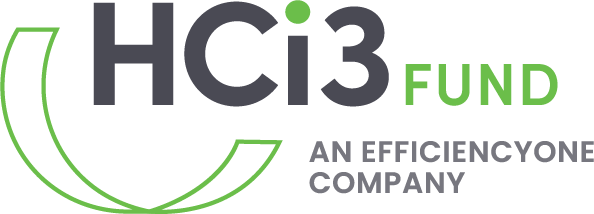Every One Every Day: Advancing Reconciliation Through Shared Tools, Low-Carbon Solutions, and Community Infrastructure
The Every One Every Day (EOED) initiative, a project of the Mi’kmaw Native Friendship Centre, is building new models of Reconciliation, community care, and low-carbon infrastructure by placing shared resources directly into the hands of residents. With support from HCi3, EOED acquired a shared electric vehicle (EV) to support its network of community-led projects across Halifax’s North End. The EV now enables the movement of a community trailer, powers tools for outdoor builds, and supports other grassroots organizations with affordable, zero-emission transportation.
While the EV addresses emissions and cost barriers, it also plays a key role in a broader effort: EOED is piloting a Reconciliation model rooted in shared infrastructure, cultural respect, and place-based collaboration. This model, being developed for national sharing with partners across Canada, shows how low-carbon solutions can support equity, belonging, and local resilience when grounded in community priorities.
Grant Award: $75,000
One example of this work in action is the George Dixon Community Garden project, part of EOED’s Fall 2024 program. Located in a historically African Nova Scotian neighbourhood new to EOED’s programming, the project required a sensitive, trust-first approach. “We knew this community had seen a lot of outsiders come and go,” said Tammy Mudge, the Co-Director, Strategy at EOED. “It was important to show up not to ‘fix’ anything, but to listen and work together.”
At the first meeting with the local garden group, EOED staff followed Mi’kmaw protocol by asking community members to identify elders and respected leaders. They then extended an invitation to share a meal, an offering that immediately shifted the energy in the room from caution to curiosity. According to Tammy, one participant noted “That one gesture changed everything…People are too busy walking right in and telling you how they can fix your problems.”
Through a series of co-design sessions involving sketches, clay models, and conversation, the community envisioned new infrastructure for the garden, including a pollinator space, an information hub, and a wooden arbour. A total of 92 participants took part in the build, many meeting one another for the first time. “When you build something in community, it takes time and that’s the point,” said Killa Atencio, EOED’s Co-Director of Operations and Strategy. “People are learning, and one day they’ll be the ones leading.”
The impact of EOED’s work extends beyond any single build. Projects like this collaboration with the George Dixon Community Centre have helped foster new relationships, resolve tensions between long-time residents and newcomers, and spark unexpected collaborations. These are the conditions that allow people to imagine a different future, one where Reconciliation is not only ceremonial but practical, lived, and shared.
Although the EV arrived later in the project than initially expected due to procurement delays, its value is already clear. Equipped with surround lighting and on-board power capacity, the truck supports evening builds and acts as a mobile energy hub, eliminating the need for gas-powered rentals and making it easier for community groups to work on their own timelines and terms.
EOED’s approach, which is grounded in respect, shared tools, and low-carbon practices, is already seeding new collaborations. Youth volunteers have launched side projects like birdhouse building, and other residents have expressed interest in bringing EOED sessions to their neighbourhoods.
With more build sessions planned for Spring 2025 and a national Learning Bundle in development, Every One Every Day is showing what it looks like to combine climate action with care, equity, and trust. The Learning Bundle, set to be shared in 2026/2027 with values-aligned community organizations across Canada, will include tools and resources that reflect EOED’s unique approach. By supporting Reconciliation at the neighbourhood level and investing in the relationship that hold communities together, EOED is helping shape a future where sustainability is both local and shared.


